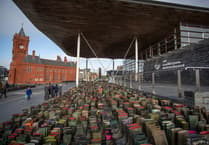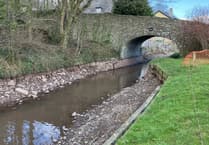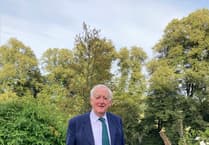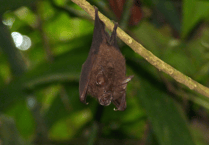Delyth Jewell MS of South Wales East passionately advocated for the No Mow May initiative, urging people to put down their lawn mowers and embrace a more vibrant, wild garden.
By allowing grassy spaces to flourish with wildflowers, No Mow May aims to provide essential pollen sources for bumblebees, whose populations have been dwindling in recent years.
Ms Jewell highlighted the need for stronger pesticide regulations in Wales and expressed her support for the Pesticide Action Network UK's campaign for pesticide-free towns. With no Welsh town or city yet taking up the pledge, she called on Julie James MS, Minister for Climate Change, to outline the government's efforts to minimise pesticide risks.
Ms James responded enthusiastically, sharing her long-standing support for No Mow May, which focuses on allowing wildflowers to flower and seed in order to provide shelter and food for invertebrates and birds. She noted that the benefits extend beyond May, recommending a "no mow" approach for June and July as well. James detailed her own experience of only mowing her lawn twice a year and the positive impact it has on local biodiversity.
The Minister also acknowledged the need for a change in mindset, as many people associate neatness with a lack of weeds. She emphasised the value of native wildflowers such as dandelions, buttercups, and cowslips, which provide essential resources for insects and the birds that feed on them.
Ms James agreed to write to local councils, requesting that they review their pesticide policies and consider planting native wildflowers on their verges. The Minister emphasized the importance of embracing a new standard of "pretty" and "neat," one that prioritises the health of our ecosystems over perfectly manicured lawns.



